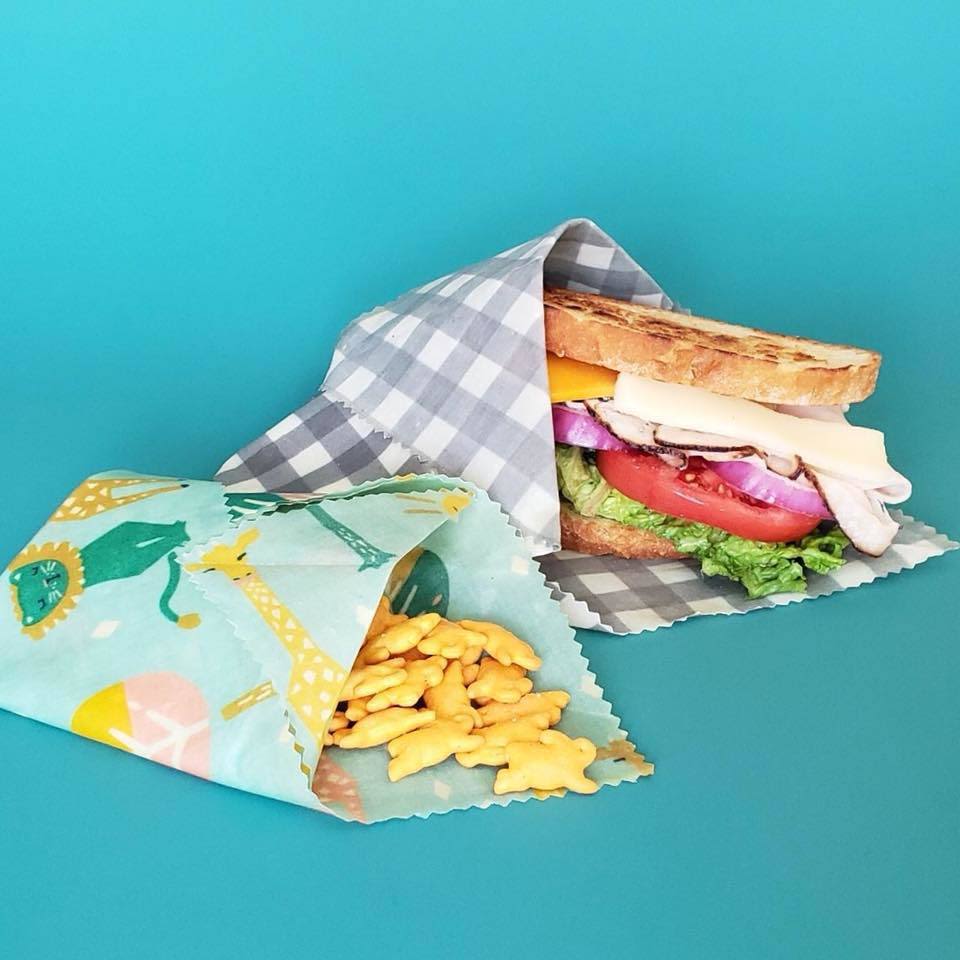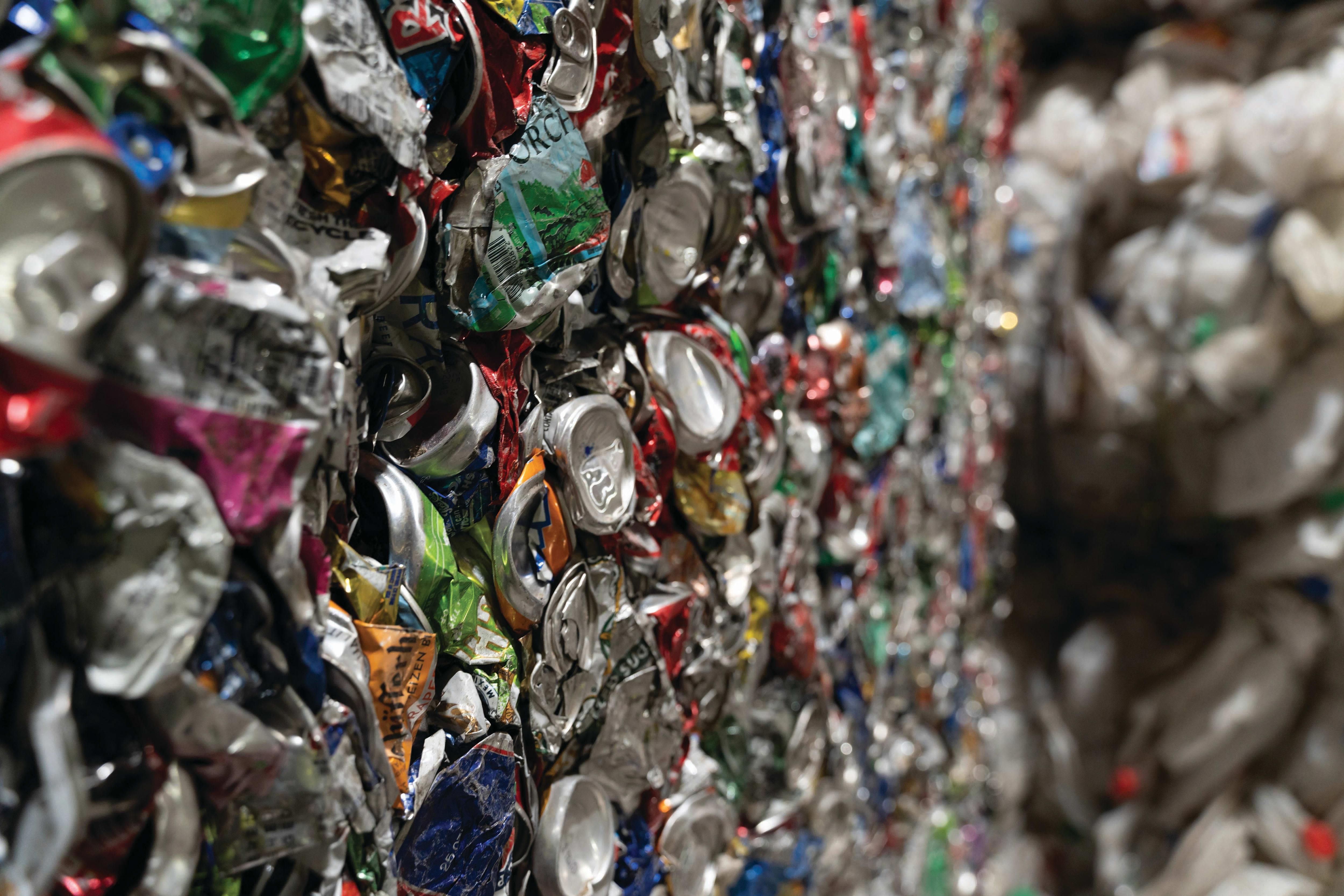Half Moon Wax Wraps Offer an Environmentally Friendly Alternative to Plastic Wrap

Half Moon Wax Wraps are made using linen, beeswax, pine resin and jojoba oil.
Image: Courtesy Half Moon Drive
Environmental activist and Half Moon Drive PR founder Maggie Hughes has launched Half Moon Wax Wraps—a new venture in an effort to make our day-to-day lives more environmentally friendly.
Beeswax wraps have become increasingly popular an alternative to plastic cling wrap—but, Hughes says, none of them looked just like she wanted them to. So after seeing National Geographic's “Planet or Plastic?” campaign and working on a "Skip the Straw" campaign locally in Sarasota, Hughes was inspired to create a wax wrap brand of her own.
Half Moon Wax Wraps are made in Hughes' home with all-natural ingredients. She orders the bright and cheerful, 100 percent cotton fabrics used to make them online, then washes, dries, iron and cuts it herself, using a solution of jojoba oil, pine resin and all-natural beeswax to create the wraps.
“Once all of the ingredients are combined and melted down, I spread the fabric on an industrial sized baking sheet and put in the oven around 210-215 degrees until all of the wax and oils are melted evenly," Hughes explains. "When that process is finished, I hang it to dry, fold and package them."
Hughes says the wraps are naturally antibacterial because of the beeswax; the pine resin gives them a little bit of tackiness, so they can stick to what you're wrapping up; and the jojoba oil helps them remain pliable. “It’s a great combination of all-natural ingredients to swap for plastic wrap,” Hughes says. She adds that consumers often don’t even realize the staggering amount of plastic we use in restaurants and in our homes, and that everyday cling wrap isn’t recyclable.
Half Moon Wax Wraps can be used for up to 12 months, To clean them, rinse with cool water and a little bit of dish soap after use, then dry and store in a cool dry place. If they seem to be losing some of their stickiness, put the wrap between two pieces of parchment paper, then iron on medium heat for 30-45 seconds to redistribute the oils. When you're finished using the wraps, you can dispose them by cutting them up and putting them in your compost bin, where they will naturally biodegrade.
In addition to wraps, Hughes hopes to create more environmentally friendly kitchen items, like bamboo straws, tare-weight mesh bags and more. You can find her and her wraps at the 73 Degree Flea this Saturday, Sept. 1, at JDub's Brewing Company from 6-10 p.m, and follow her journey on Instagram at @halfmoonwaxwraps. Wraps purchased at markets cost $25, or you can purchase an "all-set pack" on halfmoondrive.com that comes with small (8x8), medium (10x10) and large (12x12) wraps for $28.



